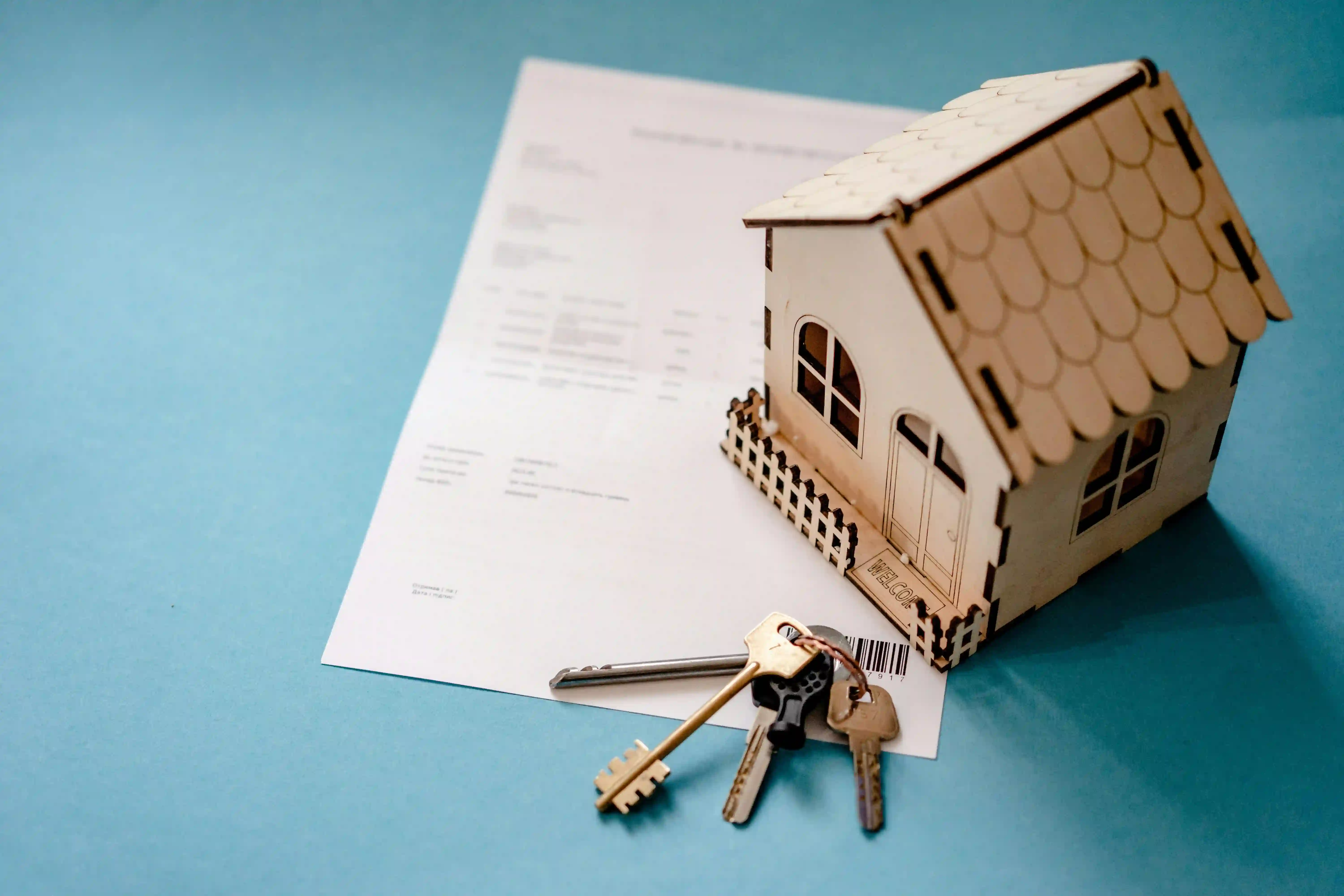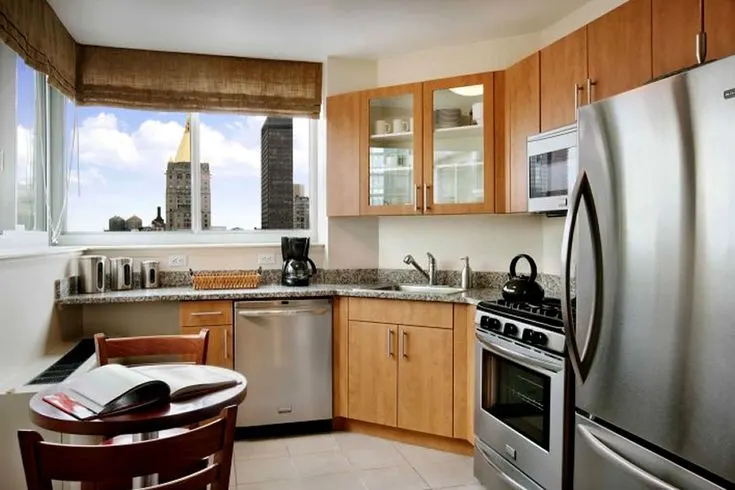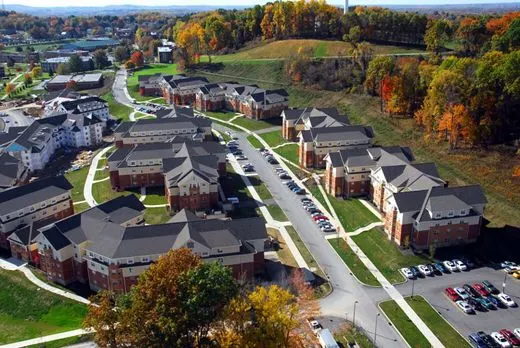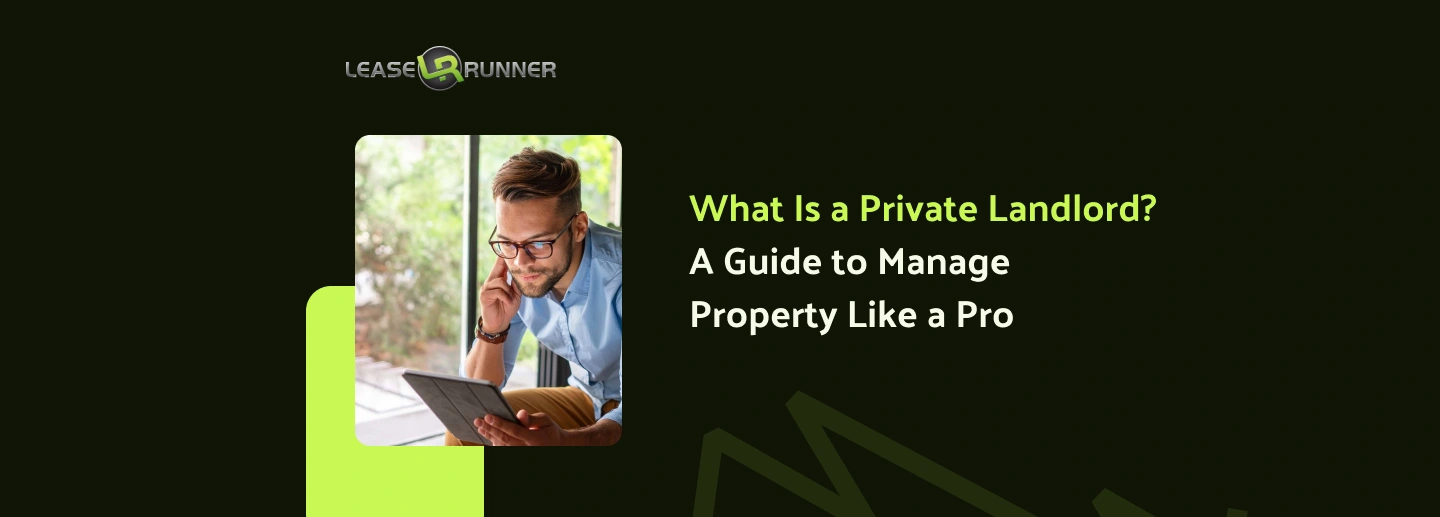Renting an apartment while in college is an exciting yet overwhelming milestone. It signifies a step toward independence and adulthood. However, along with this newfound freedom comes the responsibility of managing your living situation—something that can feel like a full-time job on its own. Finding the right apartment amidst the demands of college life is no small feat, but with the right approach, it can also be an enriching experience.
Many college students begin their academic journey with the hope of creating an environment that allows for personal growth and independence. However, this transition often involves more than just adjusting to a new academic routine. For most, it also includes moving out of the family home for the first time, figuring out how to manage personal finances, and taking responsibility for daily living tasks that were once handled by parents. Renting an apartment is one of the major responsibilities students face during this time, and it can be overwhelming.
When you’re already trying to adjust to the fast-paced college lifestyle, finding the right place to live can feel like an afterthought. The process of searching for apartments, negotiating lease terms, budgeting, and handling move-in logistics can all add another layer of stress to an already busy schedule. While the freedom of living off-campus is appealing, it’s important to approach the process strategically. Understanding how long a rental application typically takes can help you better manage your time and expectations during the search.

The Challenges College Students Face: Why Renting Can Be Hard
Being a college student often feels like you’re living in a whirlwind. With the constant pressure of keeping up with lectures, assignments, exams, and the occasional social event, it’s easy for important things—like finding the right place to live—to slip through the cracks. Many students are away from home for the first time, and the thought of dealing with leases, rent payments, and managing utilities can be overwhelming.
Moreover, college students typically have limited budgets, which means you might have to make sacrifices when choosing a place to live. In addition to financial challenges, it’s also important to remember that the pressure of staying on top of assignments and exams can leave you with little time to dedicate to apartment hunting. This is where effective time management and making use of available resources become key.
Sometimes, it might feel like you’re running out of time to prepare, but the good news is that there are many ways to manage your academic responsibilities. When life gets too busy and you're juggling deadlines, you can always turn to online resources for help. When you're focused on coursework and find yourself wondering, who can write my essay for me, there's a solution. PapersOwl offers writing assistance, helping take that extra load off your plate. This allows you to focus on more urgent matters—like finding the perfect apartment—while professionals handle your academic work. It’s a great way to stay on track with both your studies and your living situation.
By taking advantage of services that help you manage academic work, you can free up time and mental energy to find a suitable place to live, leaving you more organised and less stressed.
Do: Understand Your Lease Agreement
Once you’ve found a few potential apartments, the next big hurdle is signing the lease. This document is a legal agreement that will bind you to the apartment for a set period, usually 12 months, and it can be confusing if you’re not familiar with the terms. It’s important to read your lease carefully and ensure you understand the details. If you’re unsure about any clause, don’t hesitate to ask the landlord for clarification.
Take your time to thoroughly review the lease. Look for hidden fees and unclear terms. Ensure that rent payment deadlines, the renewal process, and any other obligations are clearly laid out. Additionally, pay close attention to restrictions such as rules about pets or modifications to the apartment.
Many landlords may not allow you to have pets like dogs or cats unless explicitly stated, and some will not permit any renovation or decoration changes (like painting or drilling holes in the walls) without prior approval.
A key aspect of the lease is the rent price. Many leases will specify a fixed monthly rent, but some may increase over time. Be sure to inquire whether the rent is subject to changes, and if so, how often the increase occurs. Knowing your financial obligations ahead of time can save you from surprises later on. Also, ask about additional costs, like utilities (water, electricity, internet), parking fees, or maintenance fees.
Hint:
-
In most cases, the landlord will require a deposit upfront, which is refundable at the end of the lease if the apartment is in good condition. Make sure to document the apartment's condition before moving in and take pictures of any existing damage. This will serve as evidence when you move out, helping you avoid losing your deposit due to pre-existing issues.
-
Sometimes, landlords may include additional terms or clauses in your lease agreement. These are referred to as lease addendums, and they provide more specific details about rules or responsibilities that may not be covered in the original lease.
Do: Check the Apartment’s Condition

When you visit an apartment, take a close look at its condition. Ensure everything works properly: check the appliances, plumbing, and heating/cooling systems. Is the apartment well-maintained, or does it have issues like mold, leaks, or cracks? While minor cosmetic flaws are normal, anything that could affect your comfort or safety should be addressed before signing the lease.
Hint:
-
Don’t hesitate to ask the landlord to fix any issues before you move in. If there’s a plumbing leak, broken appliances, or damaged windows, have them repaired before you take possession of the apartment. Be clear on whether these repairs will be done before you move in or if the responsibility falls on you after you sign the lease.
-
If you’re unsure about certain aspects, consider bringing a friend or family member along who can help you assess the space. Once you've confirmed that everything is in good shape, make sure to document the apartment's condition with photos or a checklist. This will be important when you move out, as it can protect you from unfair charges for damages that were already there when you moved in.
Don’t: Overlook the Location and Safety

The location of your apartment can make or break your college experience. While it may be tempting to choose a place that’s cheap or has flashy amenities, it’s important to consider how convenient it is for your daily activities. The ideal apartment is close to campus, grocery stores, public transportation, and other essential services. Being far from campus can add extra stress, especially when you’re running late for class.
Additionally, don’t overlook the importance of safety in your chosen neighbourhood. Take the time to research crime rates in the area, and ask about security features such as locks, surveillance cameras, and lighting in public spaces. If possible, visit the area at night to get a feel for its safety after dark. Being close to campus might seem like a great convenience, but not if the area is unsafe. Your safety should always come first.
Hint:
-
Consider your lifestyle when choosing a location. Do you need a quiet space for studying, or are you looking for a vibrant area with lots of social events? Additionally, don’t forget to ask the landlord about the community’s policies on noise levels, especially if you're planning to have roommates or if you're living in a building with other tenants. Being proactive about this can help you avoid future conflicts.
Don’t: Forget About Your Rights as a Tenant

It’s important to be aware of your rights as a tenant, especially if you’re renting for the first time. Most states and countries have laws in place that protect tenants from unfair treatment, such as unlawful evictions, unsafe living conditions, or excessive security deposits. Before signing your lease, take some time to familiarise yourself with tenant rights in your area.
Hint:
-
In addition to understanding your rights, make sure you’re aware of the landlord’s responsibilities. For example, they must maintain the apartment in a habitable condition. If you face problems like broken appliances or heating issues, they are legally required to fix them in a timely manner. Knowing your rights can also help you in the event of a dispute with your landlord.
-
For example, landlords are usually required to provide notice before entering your apartment, and they must address maintenance issues in a reasonable amount of time. If you believe your rights are being violated, there are often tenant advocacy groups or legal resources available to help.
Conclusion
Renting an apartment while in college can be both exciting and challenging, but by following a few key do's and don'ts, you can navigate the process with ease. Start your search early, understand your lease agreement, and prioritise location and safety when choosing your apartment. Don’t forget to check the apartment’s condition thoroughly and be aware of your tenant rights.







